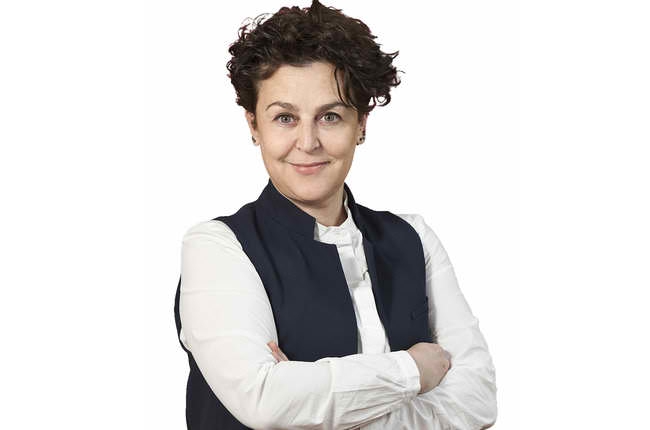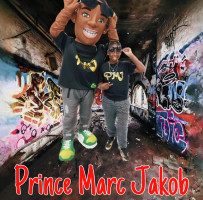There are no women on Spain’s music sales charts. Instead, you can find women, now and throughout history, on the charts in France and Italy -- Mediterranean countries with similar cultures.
What’s happening to us?
Have we all -- including the women who buy music -- suddenly become machistas?
I refuse to believe that.
But truth is, if we analyze sales on the 2016 top 50 albums chart, we only find global female artists like Adele, Beyoncé and Sia. Spanish female acts only include Malú (who’s been at this since she was 16 years old, so she’s a true veteran at this point); Vanesa Martin, who’s also been fighting for her place for years; Sweet California, who sing in English; India Martinez, more of a world act; and the great Mónica Naranjo, who, along with Isabel Pantoja, represent Spanish folklore.
So I look at the top 100, certain things will be better, but it’s just the opposite; there are even fewer women, proportionally speaking, than in the top 50. And poor me when I check out the top 50 songs/streaming chart of 2016: There’s only Sia, Jennifer Lopez, Zara Larsson, Rihanna (with Drake) and Fifth Harmony (a miracle at No. 48).
Not a single Spanish female act.
Here’s why: Consumers have substituted Spanish and Latin pop music with reggaeton and, increasingly, trap songs.
Artists who sing and write these songs are men, very machitos, I would say, who usually speak about a woman as if she were a piece of steak, destined to be enjoyed by the irresistible man; for him, she’d do anything, of course, crawling at his feet and begging.
And it would appear that we love these songs and these artists because they’re our favorites.
Let’s not get confused: I’m not talking about songs like “Despacito”; that’s G-rated. The preponderant message I’m talking about is crystal clear: Cheat on your partner because I’m better than he is in bed, but don’t sweat it. I only want you for a little bit, and I don't want you to chat with or to go to the movies and hold hands.
But this lack of women on the charts is not something that happened four days ago. It’s been a long time coming, and undoubtedly, it’s a social and educational issue.
In Spain, music has never been regarded as culture, and as a result, its performers and composers haven't gotten the respect afforded to them in other countries. As a result, women, who’ve always had it tougher in every respect, suffer doubly in this scenario.
Music is not one of those “secure” professions, and we seek stability. It’s not a profession with many women in prominent roles, so we think it’s more of a man’s world. And there are no women on the sales charts because there are no women heading record labels or concert production companies, nor are there many women in fields like sound engineering. In other words, we’re not where the money is, the “real business,” and as a result, we don’t participate in the decision- making process that sets the path for this industry.
It’s a big mistake. Music, and creative endeavors in general, should make no distinctions based on gender. History is full of female writers and of men composing for female singers. Genius doesn’t distinguish between genders. What dazzles is the beauty of the final work, regardless of who creates it.
Daniela Bosé is a Spanish music executive, last serving as managing director of Spain and Portugal for BMG Music Publishing. She also directed the documentary "Women of Music."








